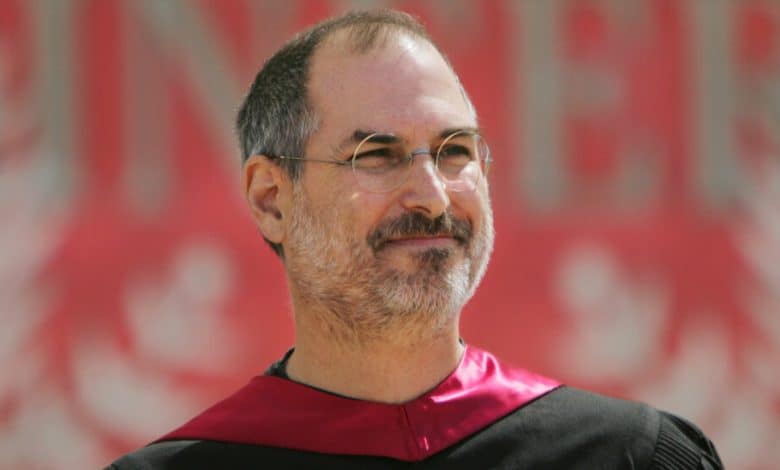Who’d Want to Give a Commencement Speech Anymore?

Tim Cook has delivered at least seven commencement addresses since becoming the chief executive of Apple. The superstar Taylor Swift, whose concerts have been credited with lifting local economies, addressed New York University’s graduation ceremony in 2022. Bill Gates, Oprah Winfrey, Jamie Dimon — they’ve all given graduation speeches more than once.
They’re obviously not doing it for the money (and typically there isn’t any). Instead, speakers have long seen graduation ceremonies as offering something increasingly rare: a stage where a large group of people gather to hear speakers impart wisdom, advice or whatever else they want to talk about.
The appeal of being a commencement speaker, however, seems to be waning.
Just three Fortune 50 chief executives appear to be commencement speakers this year, as colleges have faced campus protests over the war in Gaza, student arrests and wealthy alumni threatening to break ties with their alma maters over antisemitism.
“The idea of C.E.O.s going out aggressively and speaking anywhere near this environment on campuses, it just doesn’t seem like the moment for them to be doing that,” said David Murray, the executive director of the Professional Speechwriters Association.
C.E.O.s are tired of talking. At a recent meeting of executive speechwriters, Murray said one takeaway stood out. As one presenter put it, “Less is more, in ’24.”
Murray highlighted the sentiment in the Professional Speechwriters Association’s May newsletter: “Folks will increasingly keep their leaders out of the spotlight,” he wrote, describing the current moment as one in which “even formerly anodyne messages encouraging employees to vote” sound partisan to some.